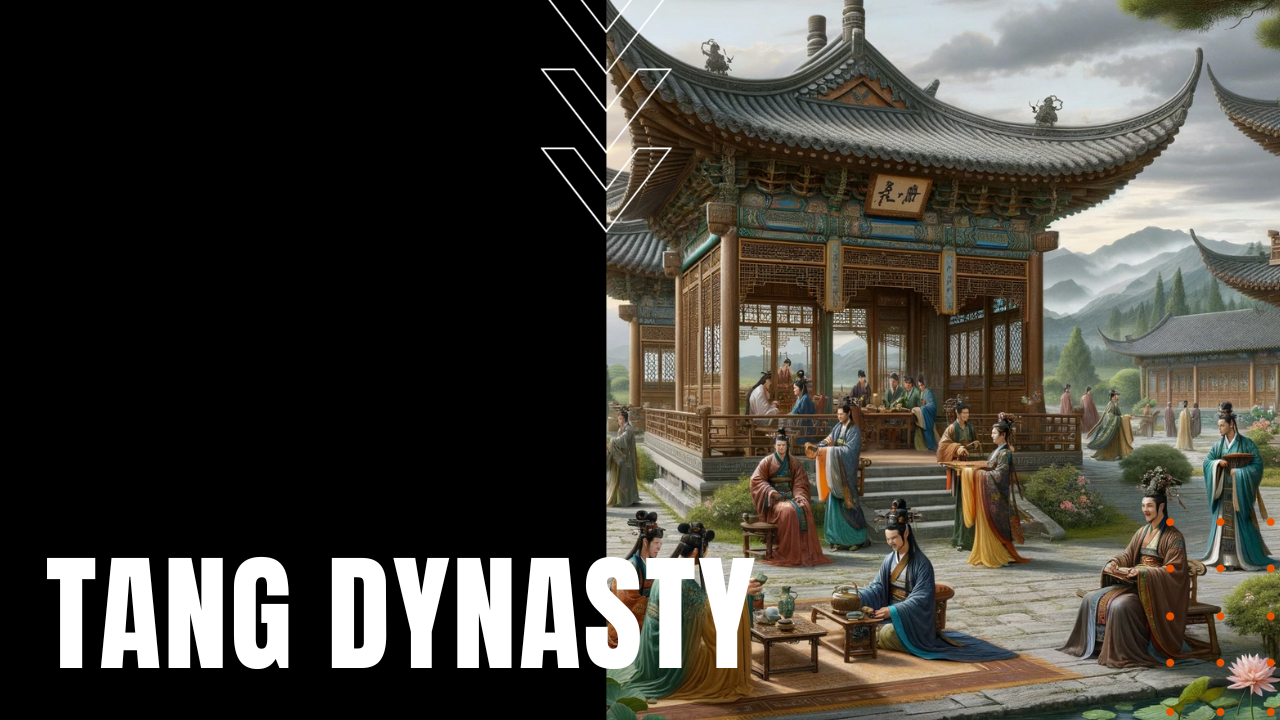The Tang Dynasty

Considered a golden age in Chinese history, the Tang Dynasty of 618 to 907 AD witnessed an intense period of government reform and cultural advances that can still be felt in China to this day. Nurtured by a series of strong and open-minded emperors, including the dynasty’s second emperor, Taizong, who allowed Confucian scholars with no family connections to work their way up in government. He also initiated changes to social structure, education and the military, followed by his son, Gaozong, whose wife Wu Zetian ruled China after Gaozong suffered a stroke, becoming the only female empress in China’s 3,600-year history.
Most Prosperous Country in the World
Under the reign of Wu’s successor, Xuanzong, China became the most prosperous country in the world, witnessing impressive innovations and advances, including gunpowder, gas stoves, air conditioning and block printing, not to mention great leaps forward in music, poetry and literature, medicine, science and architecture, as well as a welcoming embrace for Tantric Buddhism and Taoism that helped spread both religions throughout the Asian continent.
A Slow Decline
After his death in 756 AD, the Tang Dynasty would continue for another 151 years, yet never as illustrious and golden as the early years of the dynasty. By 820 AD, the Tang Dynasty had bogged down in one palace intrigue after the next, marked by plotting eunuch officials who assassinated a string of Tang emperors. In an effort to staunch eunuch-inspired intrigues, in 835, Emperor Wenzong conspired with his chancellor and generals in a cleansing spree later known as “The Sweet Dew incident,” which led to the murders of over 1,000 government officials, as well as the public execution of three top ministers and their families.
Civil Breakdown
As the country devolved into civil unrest, with roving gangs robbing merchants and murdering city dwellers at random, Huang Chao took control of the country, slaughtering 3,000 poets after a solitary poem criticized his regime. The Tang Dynasty ended when Zhu Wen proclaimed himself “Emperor Taizu,” leading to fifty years of short-lived rulers known as the “Five Dynasties,” making the early Tang Dynasty, a watershed period in Chinese history.
